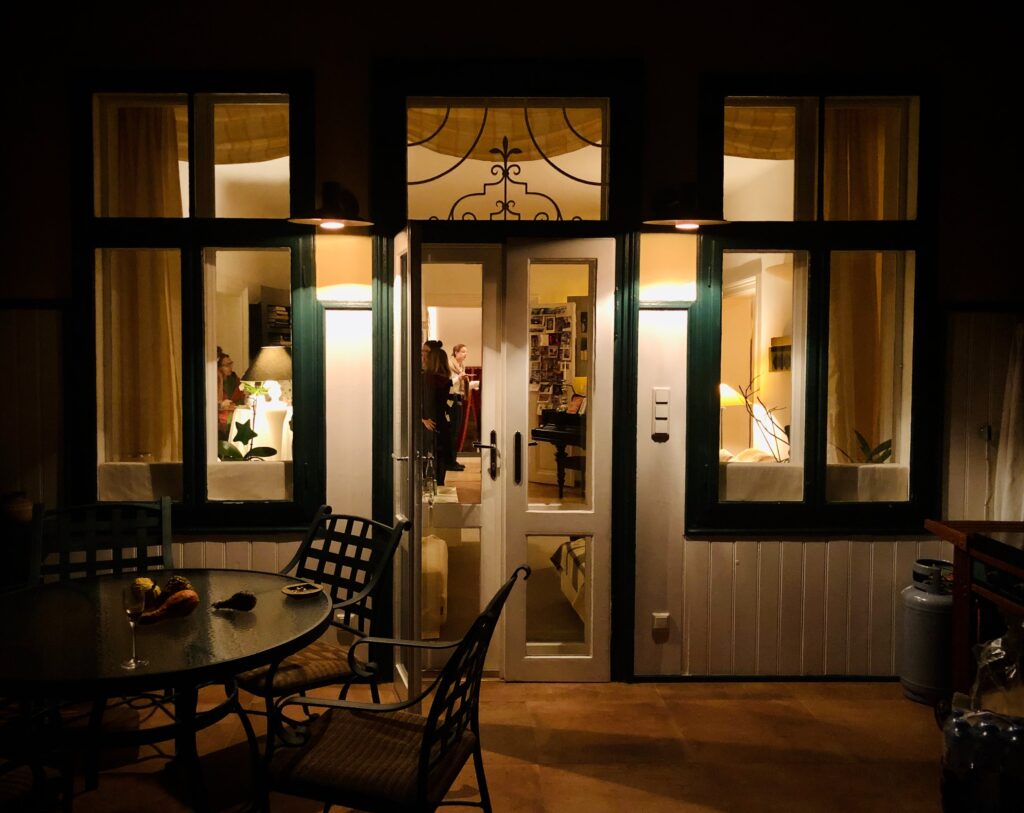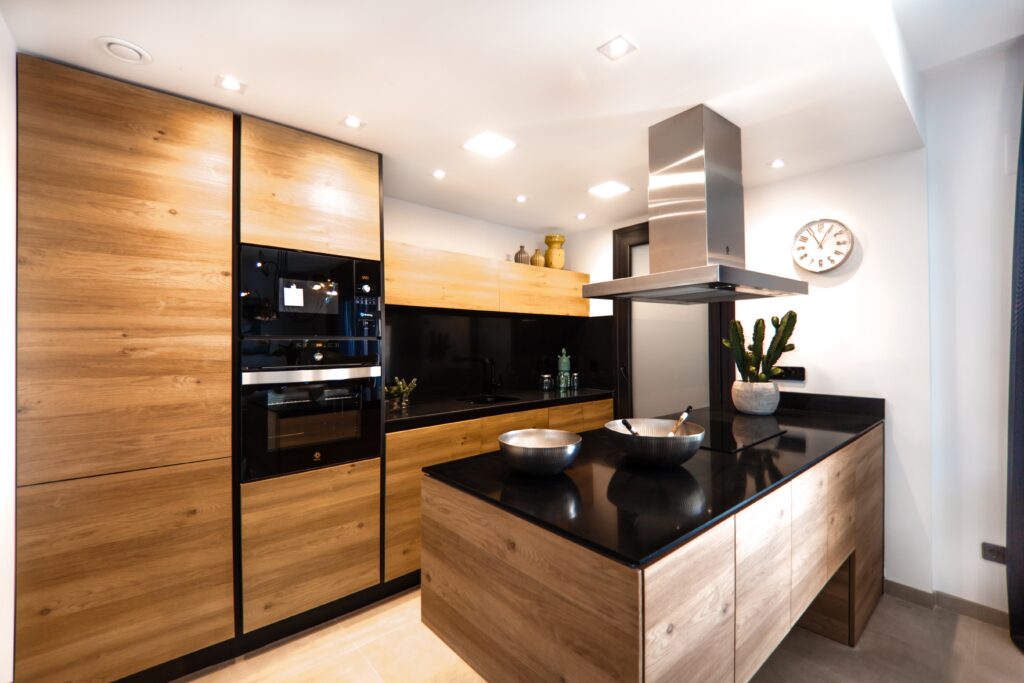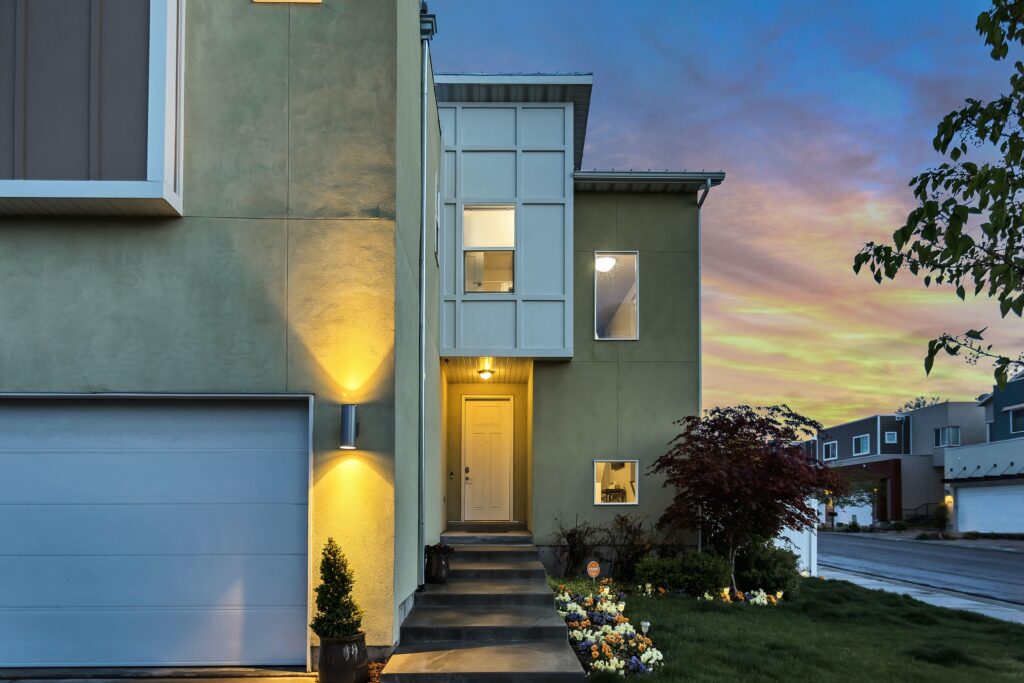Selling shared ownership property problems (3+List)
Selling shared ownership property: A list of problems;
- Negative equity
- The valuation must be agreed with the Housing Association
- A limited number of buyers
- The housing association has the first refusal
- You must continue to pay rent
Selling shared ownership properties have a few problems as mentioned above that you may want to consider before looking to purchase a shared ownership property through the shared ownership scheme.
The problems with selling shared ownership properties usually have to do with the structure of the shared ownership scheme and the type of housing association or landlord you have.
The shared ownership scheme is the governments help to buy scheme for first-time buyers and home movers. It allows you to buy shares in a shared ownership property of between 25% to 75%. You will then have to pay rent on the remaining shares of the property.
You can then buy more shares in your shared ownership property through a process known as staircasing.
To get a shared ownership property you will usually need the help of a shared ownership mortgage broker.
Your household must also earn less than £80,000 outside London and £90,000 in London.
A list of problems when selling shared ownership properties.
Negative equity
Negative equity is a big problem when selling shared ownership properties and it is surprisingly uncommon with shared ownership properties.
Negative equity is when the mortgage you have on a property is more than the property is valued. This means when selling your shared ownership property you will have a problem repaying the mortgage as your mortgage is bigger than your property value.
To be more specific this means the shares you purchased in your shared ownership property may now be worth less than the shared ownership mortgage you have.
In this case, you may need to use your savings or borrow money from another lender to repay your shared ownership mortgage.
The valuation must be agreed with the Housing Association
Another problem when selling a shared ownership property is that the shared ownership property’s valuation has to be agreed on with the housing association or landlord.
As you can imagine it is in their interest to agree on a lower valuation, especially if they are activating their right to the first refusal and buying the property back from you.
The only reprieve here is that if the housing association undertakes a house valuation and returns to you with a figure which you fee undervalues the property you can then ask for a district valuer to come and value the property.
The district valuers valuation will be unfortunately final and if you don’t have a strong case you risk getting an even lower valuation than the shared ownership housing association offered you.
As you can imagine this is a big problem when selling a shared ownership property as the valuation isn’t so much set by you.
The valuation is very important as this is the price at which you will sell your existing shares back to the shared ownership housing association and in the same vein, anything above the valuation will be split evenly between yourself and the housing association or landlord.
So, it is always in their interest to agree a smaller valuation with you as regardless they will benefit from an increased price sale from their share of the property.
A limited number of buyers
When selling shared ownership properties you must sell them to someone who is eligible for the shared ownership scheme. This may not be so much of a problem at first but then consider that most people who will be buying a shared ownership property are first-time buyers who will likely be getting a shared ownership mortgage for the first time.
This means their mortgage affordability assessments may take longer and you will also have to wait for the shared ownership housing association or landlord to approve them for you to be able to sell the shared ownership property to them.
This can be a problem when selling your shared ownership property as you may end up tied in a house chain if you have found another property you want to purchase but can’t complete until you sell your shared ownership property.
The housing association has the first refusal
Another problem when selling shared ownership properties is the fact that the housing association has the first refusal on the property.
This means you will have to offer your shared ownership property to the housing association before you can offer it to anyone on the open market. You will still have to find a buyer on the open market who meets the shared ownership eligibility criteria.
Your housing association will usually get back to you within 8 weeks after you have offered the property to them.
You must continue to pay rent
You can’t just stop paying rent when selling your shared ownership property. You must continue to pay your shared ownership rent.
This is a problem as when selling your shared ownership property you will face all sorts of delays arising from the housing association or shared ownership Landlord.
Yes, in some cases you may consider shared ownership properties harder to sell than a standard property but this could simply be because everything is set out in place on how you should sell a shared ownership property and you must follow the rules.
Catalyst housing Ealing shared ownership
Grampian housing shared ownership
Catalyst Housing shared ownership
Knighstone shared ownership
Equity Housing shared ownership
Fortis living shared ownership
Genesis Housing shared ownership
Bromford housing shared ownership
Derwent living shared ownership
If the problems with selling a shared ownership property are weighing heavy on your mind, you may want to consider other home mover government schemes you may be eligible for but be warned: other home buying government schemes may have similar problems when selling the property as the shared ownership scheme does.
These schemes include:
- Lifetime ISA– gives you a government bonus of £1,000 if you save the maximum £4,000 a year.
- Help to buy ISA– gives a maximum bonus us £3,000 if you save the maximum allowed of £12,000. Before you get either you should consider which is better. Lifetime ISA vs Help to buy ISA.
- Help to buy equity loan- gives you up to 40% as a 5-year interest-free equity loan. You begin to pay interest at 1.75 % after the fifth year and 1% plus RPI for every year thereafter.
- Shared ownership- You can buy between 25% to 75% of the property initially with a shared ownership mortgage and then buy more using a staircasing mortgage.
- Armed forces help to buy- similar to the help to buy equity loan but specific for the armed forces personnel giving them an increased chance of acceptance.
- Rent to buy- This is the right to buy scheme on which this guide is currently discussing. A different marketing name is just used. Watch out for this when shopping to avoid missing out on eligible properties due to confusion.
- Right to buy- allows you to buy your home at a discount price.
- Preserved right to buy– same as above.
- Right to acquire- same as above.
In conclusion, there may be a lot of problems when selling shared ownership property but do they outweigh the benefit of calling a place home?
If you need financial advice and you live in the UK then you could contact the Money Advice service over the phone or via chat for impartial advice.
You can also contact the debt charity “Step Change” if you are in debt and need help.



